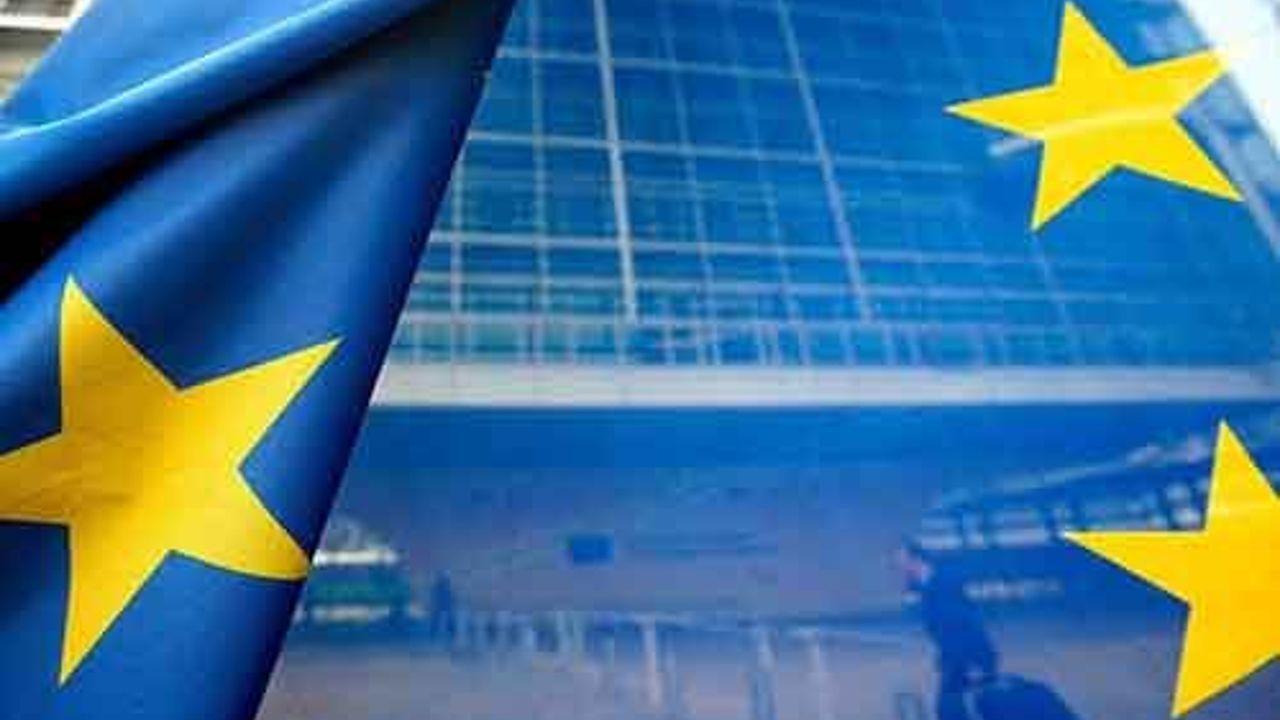European Commission regard Turkey's 'democratisation package' as positive
European Commission 2013 Progress Report handled positively Turkey's "democratisation package" announced on September 30, as well as acknowledging the progress achieved on important requirements as regards the judiciary and fundamental rights.

Revealed on Wednesday, the report covered the democratisation package in detail. "Implementation in cooperation with stakeholders and in line with European standards will be key," said the report. "Overall, the government continued to express its commitment to further democratisation and political reforms," the report said. The report gave a wide coverage to the 4th Judicial Reform Package and said, "Implementation of these legal changes in line with European standards should lead to a significant improvement in the level of respect for freedom of expression in Turkey."
- 'Gezi Park' demonstrations were peaceful except for a small number of violent protesters
Touching on the Gezi Park protests in May, the report said, "Protests started against an urban development project in Gezi Park in the centre of Istanbul. The protests grew, encompassing broader demands and spreading to other cities. Overall, the demonstrations were peaceful, despite the involvement of a small number of violent protesters. At several instances the police used excessive force against demonstrators."
"There is a growing and active civil society in Turkey. The Gezi Park protest in Istanbul and related protests across Turkey from May-June reflected the emergence of vibrant, active citizenry."
The report also suggests Turkey to improve government-civil society and parliament-civil society relations through systematic, permanent and structured consultation mechanisms at policy level.
- Consensus was limited to 60 articles on a new Constitution
2013 Progress Report touched on the work on a new Constitution which was carried out in the Parliamentary Conciliation Committee, on which all four political parties were represented equally.
"The Committee reached consensus, in principle, on close to 60 articles, including a number of provisions regarding the protection of fundamental rights and freedoms. There was no consensus on key political issues such as the separation of powers or a new definition of citizenship without ethnic references, a central demand of the pro-Kurdish Peace and Democracy Party (BDP)."
The report pointed out that clarity and transparency on procedure and follow-up was lacking in constitution work.
- Start of 'peace process' was a turning point
"The government expressed determination to bring an end to terrorism and to provide safe passage for members of the outlawed Kurdistan Workers’ Party -- or PKK which is on the EU list of terrorist groups -- leaving the country," said the report referring to government's initiative to end decades of armed conflict with PKK.
The report underlined that the start of peace process was a turning point and met strong engagement from Turkey's Kurdish actors.
Stressing that the launch of peace process raised considerable hope, the report said the tension, violence, and terrorist activity of 2012 virtually ceased.
The report, on the other hand, criticised the "widespread self-censorship by media owners and journalists" and said, "Statements of state officials had a chilling effect and instigated investigations by public prosecutors. Moreover, state officials themselves continued to launch suits against critical journalists and writers. This, together with the high concentration of media ownership in the hands of industrial conglomerates with interests going far beyond the free circulation of information, continued to lead to widespread self-censorship by media owners and journalists."
As for the alleged deep-state criminal network of Ergenekon, the report said, "The ruling (by the Istanbul Serious Crimes Court) acknowledges the existence of a criminal network aiming to undermine democratically elected governments.
- Enhanced political dialogue between EU and Turkey has continued
Pointing to the relations between EU and Turkey, the report said, "The enhanced political dialogue between the EU and Turkey has continued."
"The regular political dialogue between the EU and Turkey intensified further, covering international issues of common interest, including developments in North Africa, the Horn of Africa, the Middle East and the Gulf, the Middle East peace process, Afghanistan/Pakistan, Russia, the Southern Caucasus, Central Asia, counter-terrorism and non-proliferation issues."
The report stressed that Turkey made a good progress in the field of regional policy.
"Turkey continues to be actively involved in its wider neighbourhood and is an important regional player. The Council recognised Turkey’s role on Syria, in particular with regard to support provided to Syrians fleeing violence across the border." said the report.
As for the visa issue, the report said, "The Commission prepared a road map for visa liberalisation in line with the Council conclusions of 21 June 2012 inviting it to take steps towards visa liberalisation as a gradual and long-term objective in parallel with the signing of the readmission agreement between Turkey and the EU. Signing the readmission agreement to allow for an effective start of the process and improved cooperation in this key area in EU-Turkey relations remains crucial."
2013 Progress Report briefly describes the relations between Turkey and the European Union; analyses the situation in Turkey in terms of the political criteria for membership; analyses the situation in Turkey on the basis of the economic criteria for membership; and reviews Turkey’s capacity to take on the obligations of EU membership.







